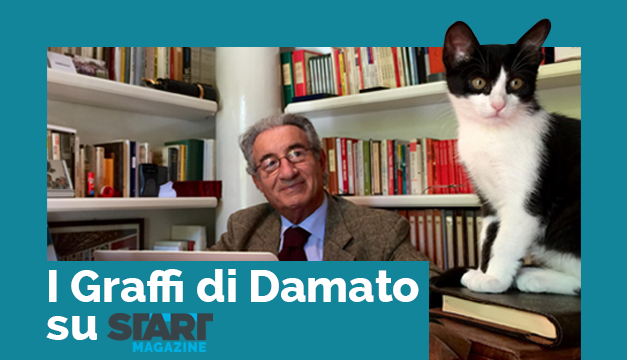Are we going back to proportional?

The Scratches of Damato
The 17 governments, 11 presidents of the Council and 7 successive legislatures in the 28 years that have elapsed since 1994 – when Italy was voted for the first time with a system no longer proportional but mixed, predominantly majority, then even with the indication of the candidate to lead the government in the ballot paper – are or should be more than enough to share the "bankruptcy" budget just complained by Paolo Delgado on Doubt about the turning point desired by the promoters of the 1993 electoral referendum. Which was preceded in 1991 by the one against the votes multiple preference, reduced to only one, experienced the following year in the electoral campaign which proved to be the most expensive in republican history for the candidates who had participated in it, and therefore also suppressed in subsequent elections.
The wonders promised to us with their referendums by the late Marco Pannella and my dear friend Mariotto Segni, who had literally bewitched Indro Montanelli with his visits to the editorial office of the Giornale, should have been translated into these 28 years – I repeat – that have passed since 1994 into six legislatures and as many governments and presidents of the Council, all nominated only formally by the President of the Republic, as Article 92 of the Constitution approved in 1947 is still in force, but in reality chosen, indicated, designated, as they prefer, by the electors, the deluded poor.
Of the 11 presidents of the Council who succeeded Palazzo Chigi in the majority season, only two were lucky enough to pass by their indication on the ballot paper: Silvio Berlusconi and Romano Prodi, the first managing to remain at Palazzo Chigi for about ten years, however, continuous, and the second for less than four, not even continuous. All the other presidents of the Council have been selected, let's say, second and third hand by the party secretariats or personally by the head of state, such as Lamberto Dini by Oscar Luigi Scalfaro in 1995, Mario Monti by Giorgio Napolitano in 2011 and Maro Draghi l 'last year by Sergio Mattarella. And – another peculiarity of the surprises of the almost thirty years more or less majority – one of the presidents of the Council who came out of the internal party games had not even been elected to Parliament: Giuseppe Conte, Giuseppi for his friend Donald Trump. He was nominated in openly skeptical ways by Mattarella, who would have preferred someone previously elected to a Municipal Council only to have been proposed to him by the grillini and the Northern League. Conte, on the other hand, was not only proposed to him without precedent, not even administrative ones and was equally appointed, but he continuously carried out, between 2018 and 2019, two political majorities of opposite sign: one with the League and without the Democratic Party, the other with the Democratic Party and without, indeed against La Lega.
It was said and written, to justify such aplomb, that even Giulio Andreotti had happened in the so-called First Republic to create opposing majorities of government: without, indeed against, and with the PCI. But at least four years had passed between one and the other: in 1992 without or against the PCI, at the head of a centrist government with the liberals, and in 1976, at the head of an entirely Christian Democratic government, with external support. of the Communists and the formula of "national solidarity" invented by Aldo Moro And not of the "historical compromise" pursued by Enrico Berlinguer, as instead someone occasionally writes and says about that political transition with a very presumed authority as a historian. Poor history, and poor Moro, who worked so hard, until the eve of his death at the hands of the Red Brigades, to keep the Communists out of the government, even after Berlinguer went so far as to say he was more "guaranteed" by the Atlantic alliance than by the old relations of friendship and solidarity with the Moscow of the Soviet Union.
To return to the missed wonders of the miserably "failed" majority system, according to the correct conclusions drawn by Paolo Delgado, it is a pity that perhaps we will not materially have time to return to the old and certainly preferable proportional system. With whom I personally voted for about forty years without ever having sold my preferred vote, and without ever having been surprised by the political alliances then formed by the party gradually chosen, since its orientation for the post-elections has always been clear to me.
The political situation, already difficult due to the electoral campaign practically underway at various levels, including national, is worsening due to the effects of the war in Ukraine and the line adopted by Draghi, considered too Atlanticist by the somewhat reformed couple between Salvini and Conte . If the renewal of the Chambers were brought forward due to the onset of a crisis, from which many are tempted while denying in words, there would be neither political nor material time, I repeat, to change the electoral law in force. Of which everyone also speaks more or less badly.
This is a machine translation from Italian language of a post published on Start Magazine at the URL https://www.startmag.it/mondo/ritorno-sistema-proporzionale/ on Sat, 07 May 2022 05:44:30 +0000.
